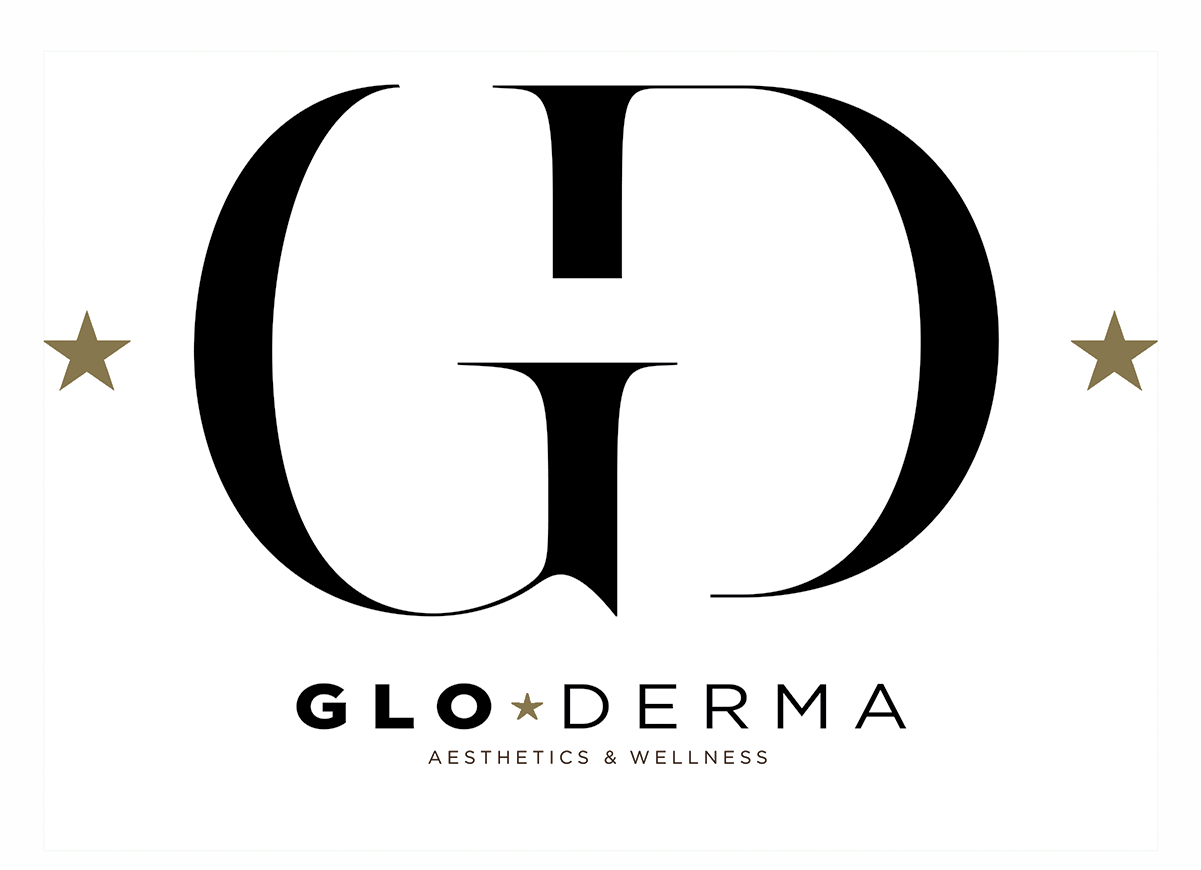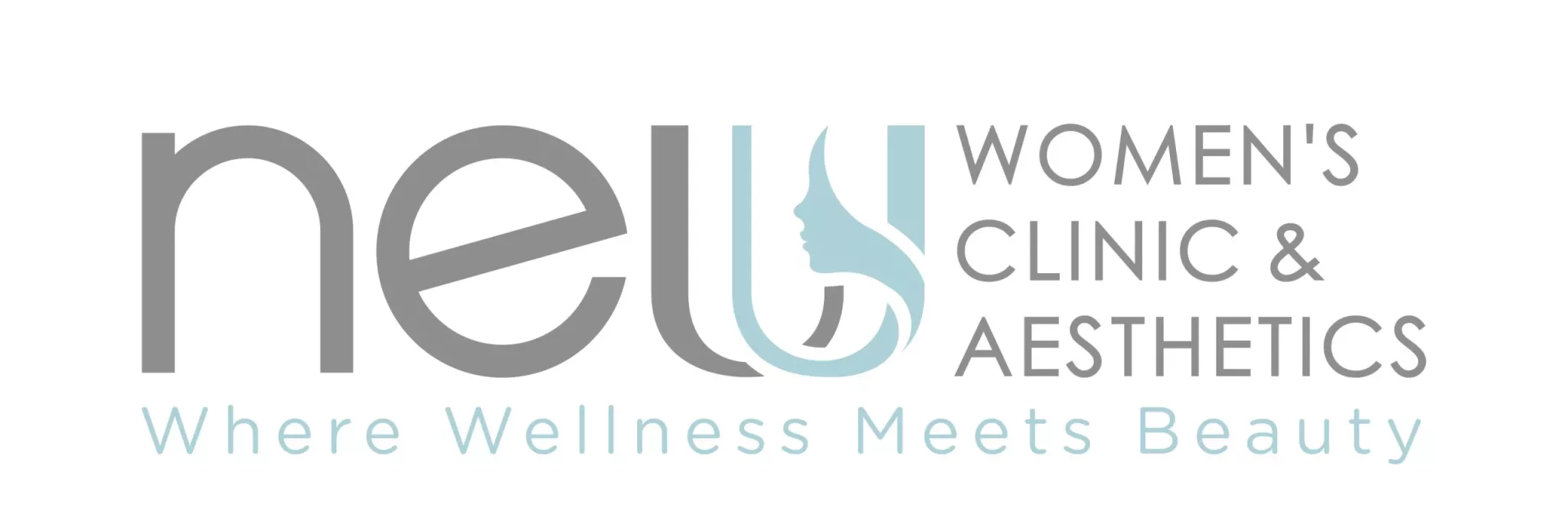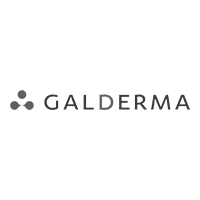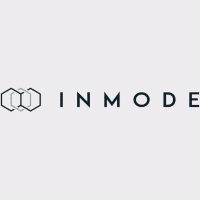
The contemporary healthcare landscape is no longer confined to the walls of clinics and hospitals. With the proliferation of the internet and digital platforms, medical practices now extend beyond traditional boundaries, reaching into the homes and devices of potential patients. Within this digital tapestry, social media has emerged as a robust thread, weaving connections between medical professionals and their audiences.
For psychiatry, a field steeped in personal interactions, trust, and ongoing dialogue, transitioning to the digital realm brings challenges and opportunities. The intimate nature of psychiatric services amplifies the importance of reputation and trust. Patients increasingly turn to online platforms to share experiences, seek recommendations, and gather information, so a psychiatrist’s online presence becomes vital. It is here that social media, intertwined with effective Search Engine Optimization (SEO), plays a crucial role in both extending a psychiatrist’s reach and shaping their online narrative. This article delves into the multifaceted role of social media in psychiatry SEO, demonstrating its significance in today’s interconnected world.
How Social Media and SEO Work Well Together
Social media and SEO seem distinct entities within the vast digital marketing ecosystem. However, they can amplify each other’s strengths and drive remarkable results when integrated effectively. Content is the linchpin of SEO. Every article, blog post, or infographic created for a website needs an audience. Social media platforms like Facebook, Twitter, Instagram, and LinkedIn provide a space for distributing this content to a broader audience. When content is shared, liked, or commented on, it amplifies its reach, leading to increased traffic back to the original website.
Social Signals in SEO: Beyond Mere Metrics
In the realm of SEO, “social signals” refer to the various interactions that content receives on social media platforms: likes, shares, comments, retweets, and more. While search engines like Google have been ambiguous about the direct impact of these signals on search rankings, their indirect benefits are undeniable.
Social signals act as a litmus test for content quality. Content that garners significant interaction on social media often indicates relevance and value to the audience. This user endorsement can increase visibility, attracting more clicks and backlinks. High-quality backlinks are a golden ticket in SEO, signaling to search engines that the content is trustworthy and authoritative. Moreover, as content spreads through social networks, it reaches a broader audience, driving organic traffic to the source website.
Therefore, while the exact weightage of social signals in search algorithms remains a topic of debate, their role in amplifying content visibility and driving user engagement in the broader SEO ecosystem is undeniable.
Positioning as a Thought Leader: The Digital Edge
In today’s saturated digital landscape, more than merely having expertise is needed; being perceived as a leader in one’s field is crucial. Thought leadership is about crafting and sharing insightful, forward-thinking perspectives that challenge or enrich existing industry narratives. It transforms professionals from mere practitioners into industry icons.
Positioning oneself as a thought leader necessitates consistently producing value-driven content, be it articles, podcasts, webinars, or engaging social media discussions. This content serves dual purposes: educating the audience and showcasing the creator’s depth of knowledge. Over time, the professional’s reputation solidifies as the audience begins to anticipate and seek out this expert content. They’re no longer just another voice; they become the go-to authority in their domain, driving trust, respect, and, ultimately, business opportunities.
Enhancing Patient Trust with Testimonials and Reviews
Engaging with patients on social media allows practices to gain direct feedback. This can be instrumental in refining services, addressing concerns, and even expanding service offerings. Moreover, social media platforms serve as modern-day word-of-mouth channels. Patients sharing positive experiences or even staff showcasing behind-the-scenes activities can humanize your practice. These testimonials play a critical role in building trust among prospective patients.
Addressing Mental Health Stigmas and Community Building
Mental health still grapples with societal stigmas in many cultures. By leveraging the power of social media, psychiatrists can engage in conversations, debunk myths, and provide accurate information, thus playing a part in reducing these stigmas.
Additionally, platforms like Instagram or Facebook allow for location tagging. This can be a boon for local psychiatric practices, ensuring they appear in local searches. Moreover, hosting local events, workshops, or webinars and promoting them on social media can help build a community around the practice.
The Convergent Power of Social Media and SEO
The digital landscape, vast and ever-evolving, is populated with myriad tools and platforms that businesses can harness. Among them, social media and SEO stand out for their capabilities and the combined force they can exert when synchronized. Their convergence creates a symbiotic dynamic greater than the sum of their parts.
Both social media and SEO are fundamentally about connecting with people — reaching those looking for information, services, or products and providing them with value. While SEO ensures that your digital assets are discoverable and relevant in the vast expanse of the web, social media channels offer direct engagement, feedback, and a sense of community. Their combined influence can significantly impact brand perception, trust, and loyalty.
Furthermore, as algorithms become increasingly sophisticated and user-centric, the line between search engine optimization and user experience optimization blurs. With its real-time feedback loops, social media plays a crucial role in understanding and enhancing this user experience. It is a compass guiding SEO efforts towards genuine user needs and preferences.
But perhaps the most compelling argument for the confluence of social media and SEO is adaptability. In a world where consumer behaviors, platform algorithms, and industry trends shift unpredictably, having a dual approach ensures resilience. Should one channel face challenges, the other can compensate, ensuring the brand’s online presence remains robust and responsive.
While social media and SEO each offer unique avenues for growth and engagement, their true potential is unlocked when strategically intertwined. Businesses and marketers must recognize and tap into this potential, crafting comprehensive digital strategies that seamlessly blend the immediacy of social engagement with the long-term vision of search optimization. Only then can they genuinely navigate the digital realm’s complexities and harness its full promise.
Is your psychiatry practice geared toward robust SEO and social media usage strategies? Growth99 is here to get you up to speed! Contact us today, as we’d be happy to chat with you!




























